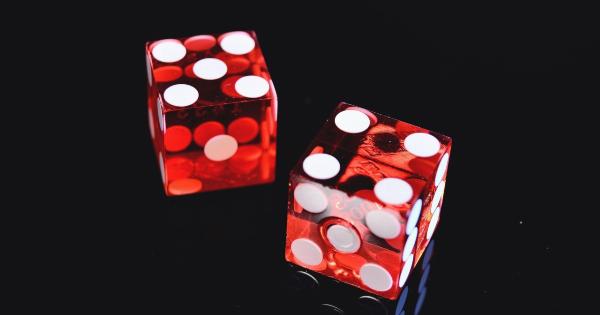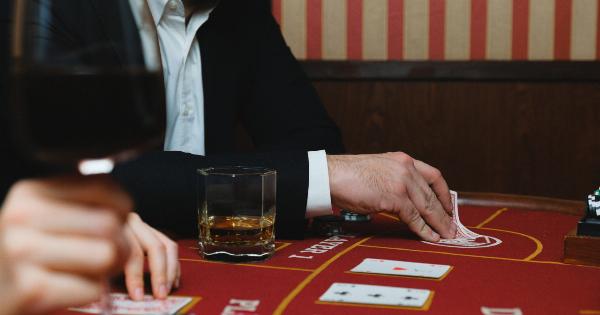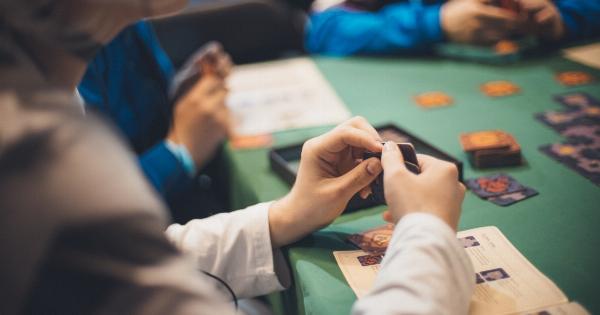For many people, gambling can be a fun and entertaining activity. However, for some people, gambling can become a compulsive behavior that leads to a gambling addiction.
While most people are aware of the dangers of addiction, the idea of an “innocent” gambling addiction is less understood.
Understanding Gambling Addiction
Gambling addiction, also known as compulsive gambling, is a mental health disorder that is characterized by a strong urge to gamble despite negative consequences.
People who suffer from gambling addiction may experience financial problems, relationship difficulties, and even health issues as a result of their gambling behavior.
It’s important to note that gambling addiction is not a moral failing or a lack of willpower. Instead, it is a condition that affects the brain and is characterized by a disorder of impulse control.
The Rise of Online Gambling
In recent years, the rise of online gambling has made gambling more accessible than ever before. With the ability to gamble from the comfort of their own home, people can easily spend hours playing online casino games or betting on sports.
While online gambling can be a fun and convenient activity, it can also lead to an increase in gambling addiction.
Online casinos and sports betting apps are designed to be addictive and can make it difficult to stop even when negative consequences begin to appear.
Signs of a Gambling Addiction
It’s important to be able to recognize the signs of a gambling addiction. Some common signs include:.
- Spending more money on gambling than intended
- Feeling unable to control gambling behavior
- Lying to others about gambling behavior
- Feeling irritable or restless when not gambling
- Continuing to gamble despite negative consequences
The Concept of an “Innocent” Gambling Addiction
Many people believe that there is such a thing as an “innocent” gambling addiction. This is the idea that someone can have a gambling problem without it causing major negative consequences in their life.
The truth is, there is no such thing as an “innocent” gambling addiction.
Gambling addiction is a serious issue that can have significant negative consequences on a person’s life, even if those consequences are not immediately apparent.
The Danger of Minimizing a Gambling Addiction
Minimizing a gambling addiction can be dangerous. When someone believes that their gambling behavior is not causing any major negative consequences in their life, they may be less likely to seek help for their addiction.
Additionally, people who believe in the concept of an “innocent” gambling addiction may be more likely to engage in risky gambling behavior, such as taking out loans or borrowing money to fund their gambling habit.
Getting Help for a Gambling Addiction
If you or someone you know is struggling with a gambling addiction, it’s important to seek help as soon as possible. Gambling addiction is a treatable condition, and there are resources available to help people overcome their addiction.
Treatment for gambling addiction may include therapy, support groups, and medication. It’s important to find a treatment plan that works for the individual’s unique needs and circumstances.
Conclusion
While the concept of an “innocent” gambling addiction may seem appealing, it’s important to recognize that gambling addiction is a serious issue that can have significant negative consequences on a person’s life.
If you or someone you know is struggling with a gambling addiction, it’s important to seek help as soon as possible.
























